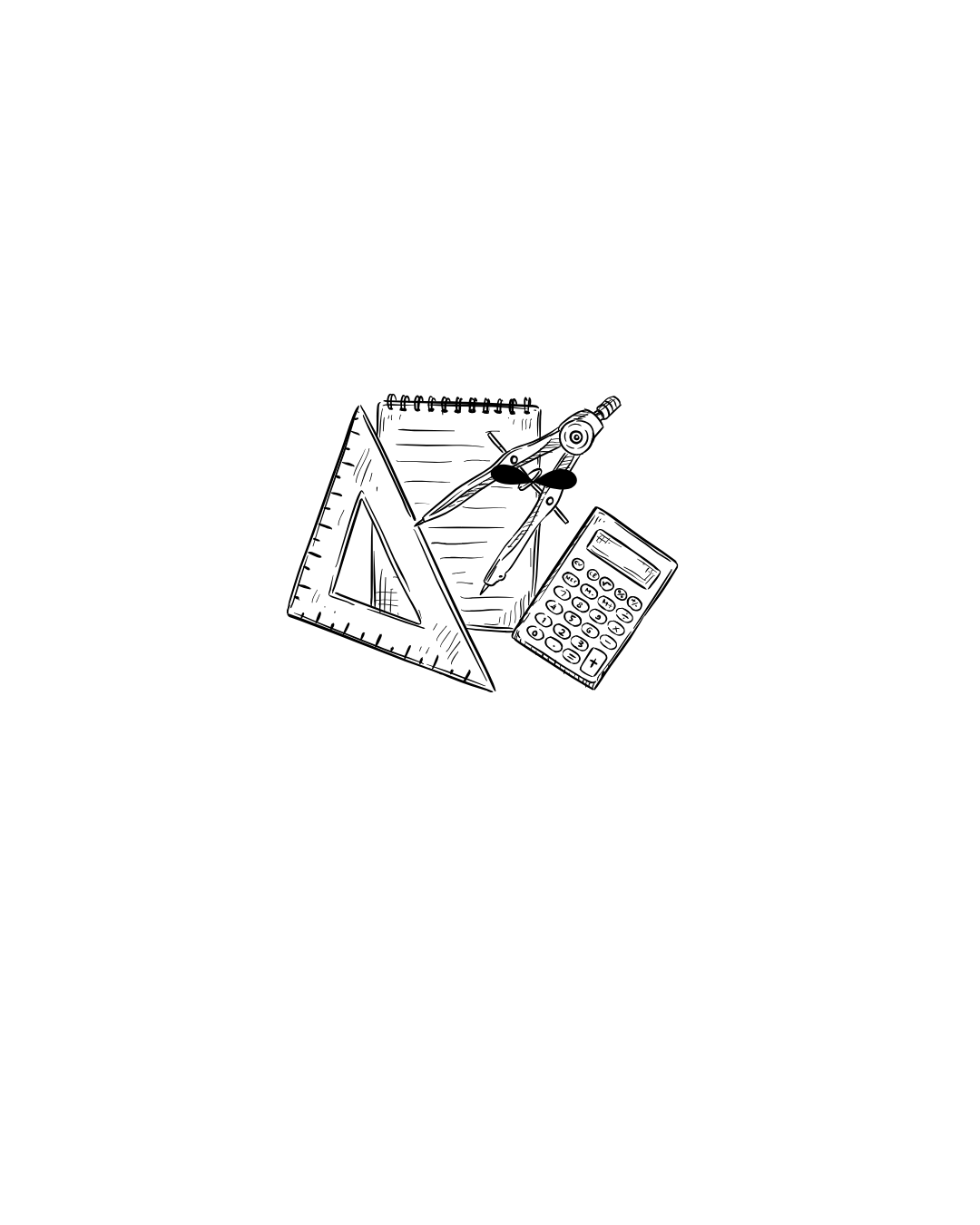Description
A Bachelor of Arts (Honours) in Mathematics is an undergraduate degree that emphasizes the study of mathematical concepts, theories, and applications. This program is ideal for students interested in developing strong analytical and problem-solving skills while exploring both the theoretical and practical aspects of mathematics.
Program Overview
Duration: Typically lasts 3 to 4 years, depending on the institution and program structure.
Mode: Available in full-time, part-time, and sometimes online formats.
Eligibility: Generally requires a high school diploma or equivalent, with a strong background in mathematics being beneficial.
Core Subjects
The curriculum for a BA (Honours) in Mathematics often includes a mix of theoretical and applied mathematics. Key areas of study may include:
Calculus: In-depth study of differential and integral calculus, including multivariable calculus.
Linear Algebra: Exploration of vector spaces, matrices, and linear transformations, including applications in various fields.
Abstract Algebra: Study of algebraic structures such as groups, rings, and fields, emphasizing logical reasoning and proof construction.
Real Analysis: Examination of the properties and behaviors of real numbers, sequences, series, and functions, with a focus on rigor and proofs.
Probability and Statistics: Introduction to probability theory, statistical methods, and data analysis techniques.
Discrete Mathematics: Study of mathematical structures that are fundamentally discrete rather than continuous, including graph theory and combinatorics.
Mathematical Modeling: Application of mathematical concepts to solve real-world problems in various fields, such as economics, biology, or engineering.
Numerical Methods: Understanding algorithms for approximating solutions to mathematical problems, especially those that cannot be solved exactly.
Skills Developed
Analytical Skills: Ability to analyze complex problems, identify patterns, and develop solutions using mathematical reasoning.
Critical Thinking: Enhanced ability to approach problems logically and systematically, evaluating different possibilities and outcomes.
Communication Skills: Proficiency in presenting mathematical concepts and solutions clearly and effectively, both in writing and verbally.
Problem-Solving Skills: Development of innovative approaches to tackle mathematical and real-world challenges.
Career Opportunities
Graduates with a BA (Honours) in Mathematics can pursue various career paths, including:
Mathematician or Statistician (in industries such as finance, actuarial science, or data analysis)
Teacher or Educator (at schools or colleges, often requiring additional teacher training)
Data Analyst or Data Scientist (working with large datasets to derive insights)
Operations Research Analyst (using mathematical models to inform business decisions)
Actuary (assessing financial risks using statistics and mathematics, requiring further certification)
Financial Analyst (analyzing financial data and trends to guide investment decisions)
Software Developer (applying mathematical principles in programming and algorithm development)
Benefits of Pursuing a BA (Honours) in Mathematics
Strong Analytical Foundation: Provides a solid grounding in rigorous mathematical thinking and problem-solving skills applicable in various fields.
Interdisciplinary Opportunities: Mathematics is fundamental to many disciplines, allowing graduates to pursue careers in science, technology, engineering, and finance.
Personal Growth: Fosters intellectual growth and encourages a curious and analytical mindset.
Additional Considerations
When considering a BA (Honours) in Mathematics:
Engagement with Mathematics Community: Participate in math clubs, competitions, or conferences to connect with peers and professionals.
Internships and Practical Experience: Seek internships or research opportunities to apply mathematical concepts in real-world contexts and gain valuable work experience.
If you have any specific questions about the program, its components, or potential career opportunities in mathematics, feel free to ask!









